Quantity
Use 2gr of tea per 150ml of water.
Temperature
For the optimum infusion use 85°C <185°F> water.
If you like milk, use water at 100°C <212°F>
Brew Time
Infuse for 1 – 3 minutes, tasting regularly.
Enjoy
Sip hot or top with ice for iced tea
One of the most well-known black teas from China is Keemun Panda No. 1. In order to properly prepare a cup of Keemun, one needs a great deal of gongfu (trained talent) to roll the leaves into thin, taut strips without tearing them. The Chinese characters for “gongfu” and “time” are the same, which is an interesting coincidence. Panda No. 1 is a popular example of a well-made Keemun; this tea is often regarded as among the best in the world due to its rich fragrance and piercing flavour, which are sometimes compared to those of great Burgundy.
English breakfast tea has traditionally had Keemuns. When tea first became popular in England in the early 1800s, it became a source of concern that the country’s silver reserves would be depleted in order to pay the Chinese for the commodity. One of Britain’s biggest exports was textiles, but the Chinese had little need for them. Large quantities of opium were harvested in India and Burma, and China emerged as a key consumer market. The resulting economic cycle looked like this: British merchants in Canton, China, received opium shipments from India. The Chinese exchanged silver and credits against their obligations in England for this. This silver was ultimately used to buy tea from the Chinese. The Opium Wars were fought because of this practise between England and China. Since the British were victorious in China’s last war in 1860, opium remained a freely traded product there until 1908.
Contrary to the traditional Chinese practise of cultivating green teas, Keemun black tea wasn’t created until around 1875. However, English tastebuds were well-adapted to high-quality black tea, and the country had nearly free access to opium and tea. Despite the fact that keemuns were very tasty and full-bodied, the tea quickly became a staple in England. Some have likened the flavour and aroma of keemun to that of fresh-from-the-oven toast, a British tradition, which may have contributed to the beverage’s popularity in the country. To be sure, Keemun is one of the black teas that keeps the longest. If carefully maintained, fine examples can persist for decades, developing a smooth, winey flavour.


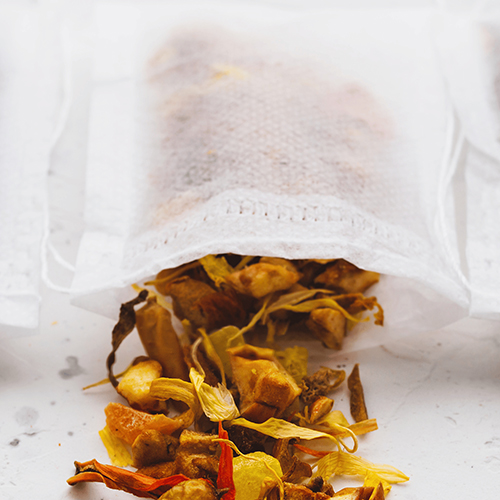
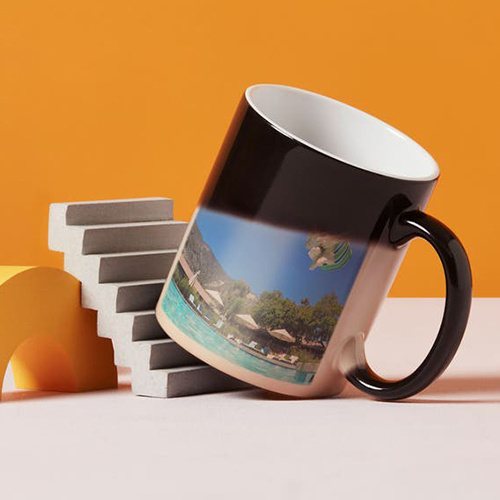

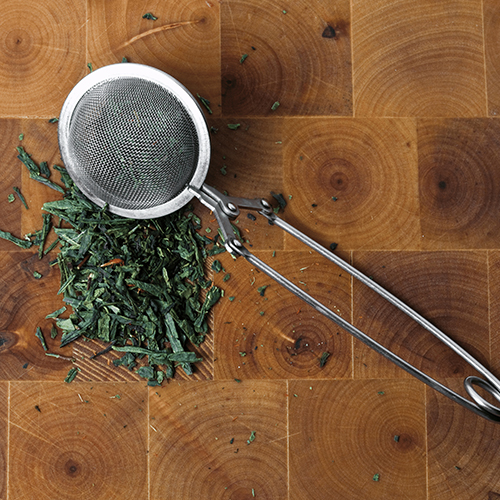
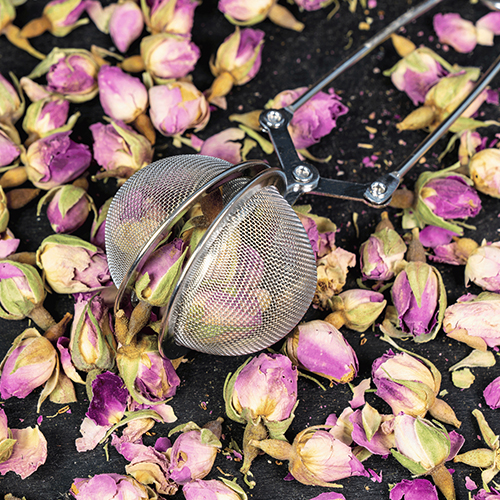

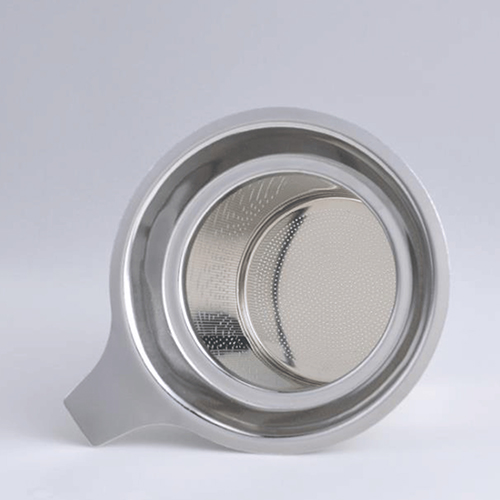
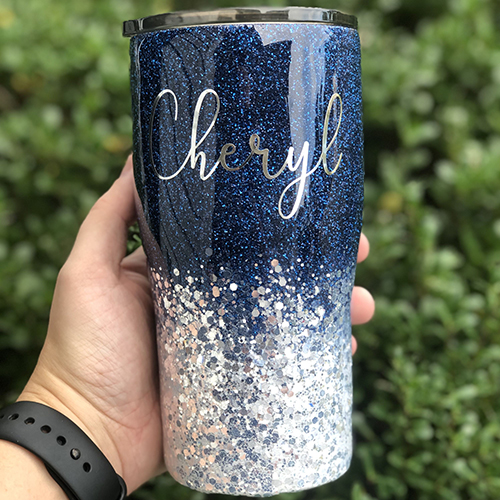
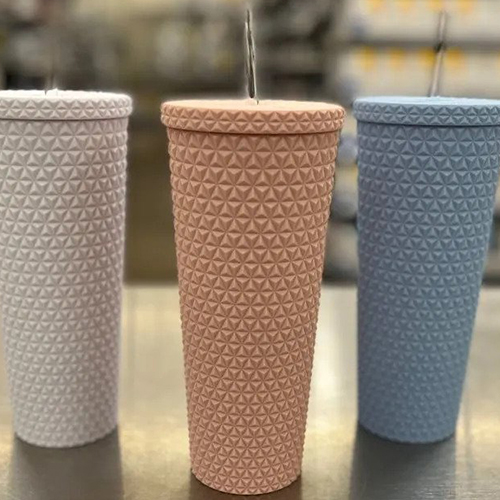
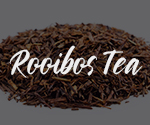


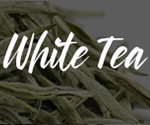
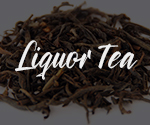

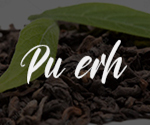
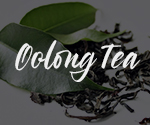
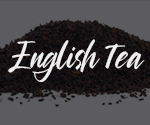
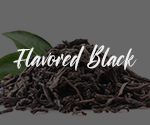
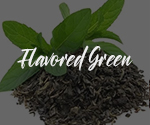

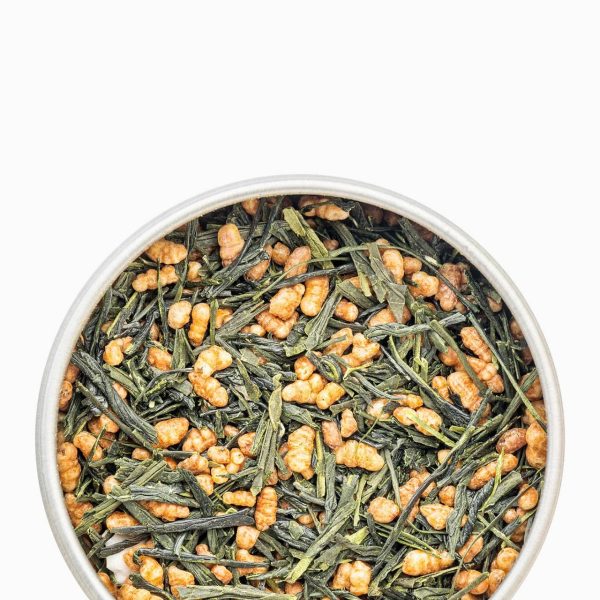
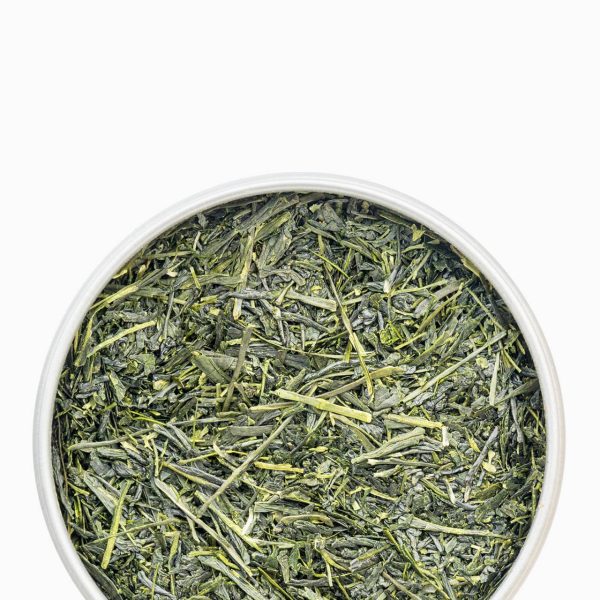






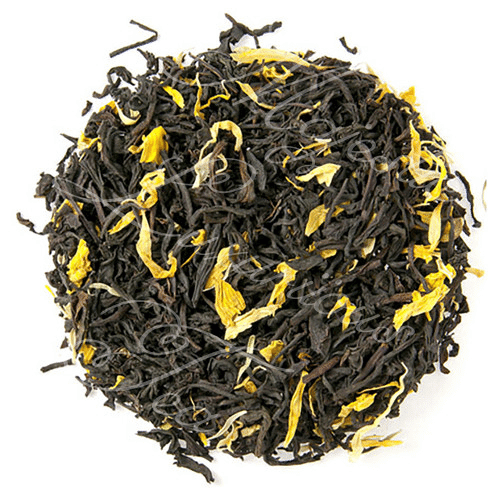



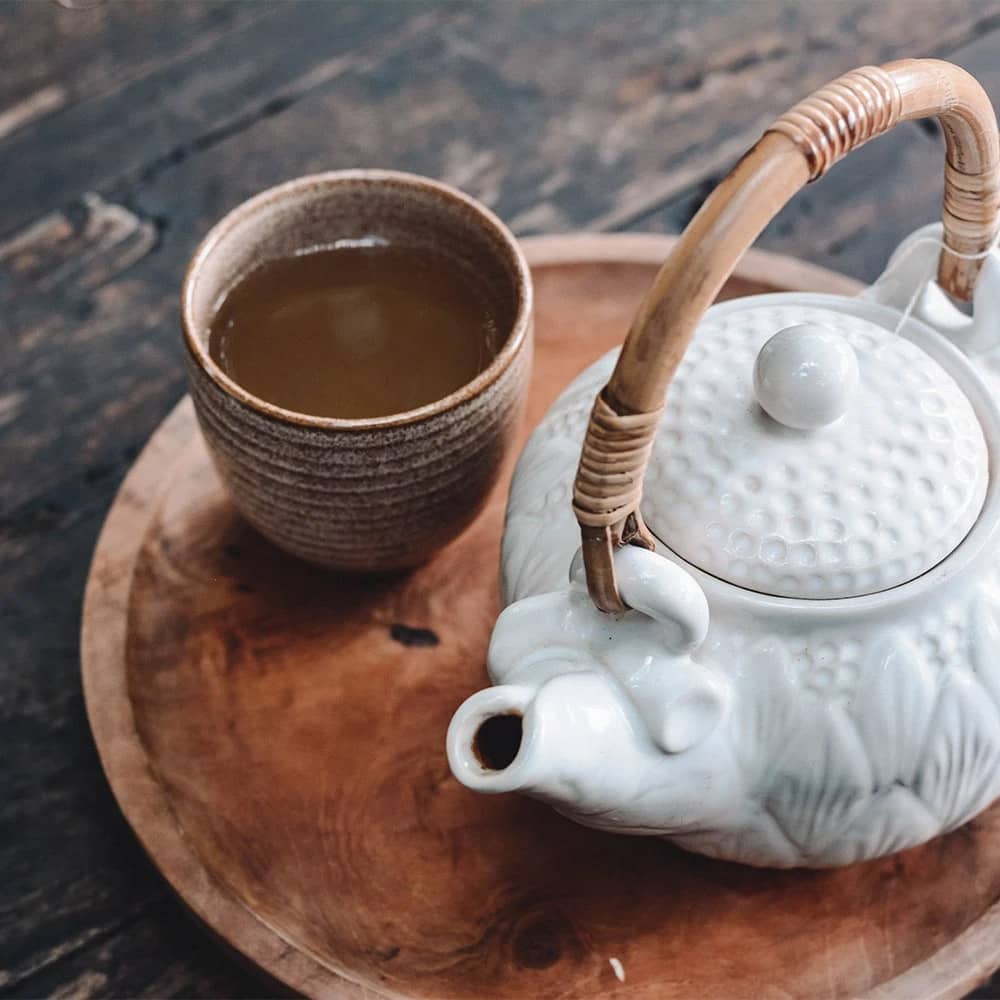
Reviews
There are no reviews yet.